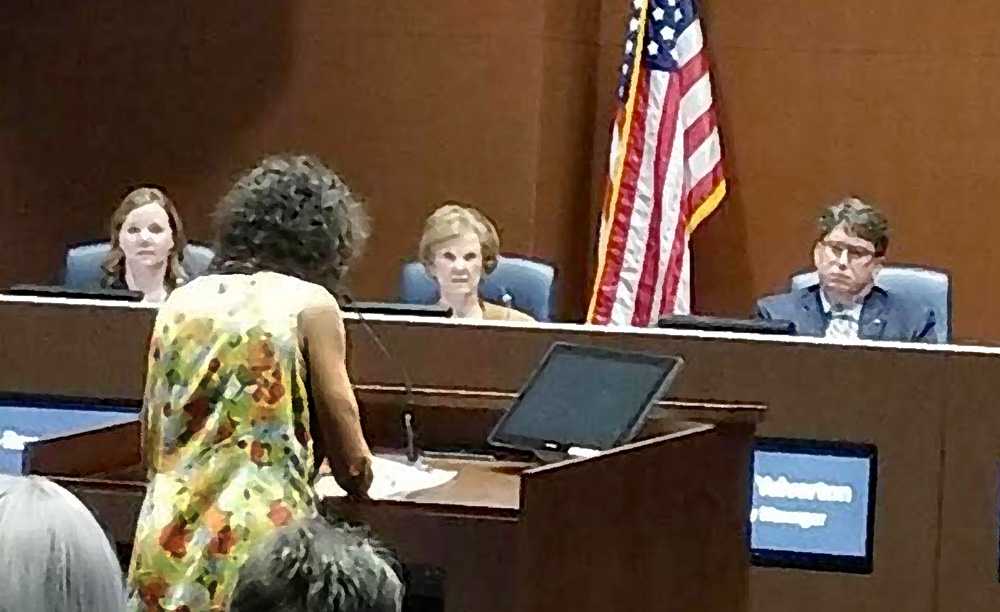“You have to give the public something,” explained termed-out former Councilperson Emily Evans, a few years ago. She was referring to a 2015 initiative she had pushed. The unsuccessful measure had tempted voters with a smaller council in exchange for weakened term limits.
On Tuesday’s ballot, voters find lame attempt number seven by Metro Nashville Council’s to weaken or repeal their own term limits. As I told readers of the Wall Street Journal over the weekend, that makes for a council-forced do-over on term limits every 3.4 years for the last 24 years — since 1994, when greater than 76 percent of Nashville-Davidson County voters passed a consecutive two-term limit on councilmembers.
Voters have repeatedly said no to the council.
But this time there is a twist, an incredibly enticing enticement having been carefully coupled with the undercutting of term limits. Only totally sexist male Nashvillian Neanderthals could possibly ignore this special offer. (And perhaps, too, the poor women they purportedly tell how to vote.)
Amendment 5 not only guts term limits, it also installs much-needed gender neutral language into the term limits section of the charter. In practical terms, it changes wording from “councilmen” to “councilmembers.”
How to choose?
Keep term limits by voting NO? Or accept weak limits but fasten onto the freedom to stand on your own two feet and proudly say, “councilmember”?
I tremble at the tendered trade-off.
Turns out, luckily, that Nashville voters can keep their term limits and use gender neutral terms too. The following ballot measure, Amendment 6, updates the entire charter with gender-neutral language.
NO on Amendment 5, YES on Amendment 6.
Whew!
That was close.
This is Common Sense. I’m Paul Jacob.










 City officials like Mayor Jane Dawkins (pictured) seem to conflate criticism as such, including merely untrue criticism, with “out-and-out lies,” and to regard censoring all criticism as an okay means of preventing alleged lies. But their blanket action goes way beyond any reasonable resort to defamation laws, which require
City officials like Mayor Jane Dawkins (pictured) seem to conflate criticism as such, including merely untrue criticism, with “out-and-out lies,” and to regard censoring all criticism as an okay means of preventing alleged lies. But their blanket action goes way beyond any reasonable resort to defamation laws, which require